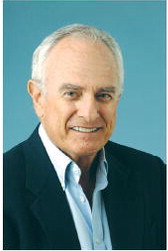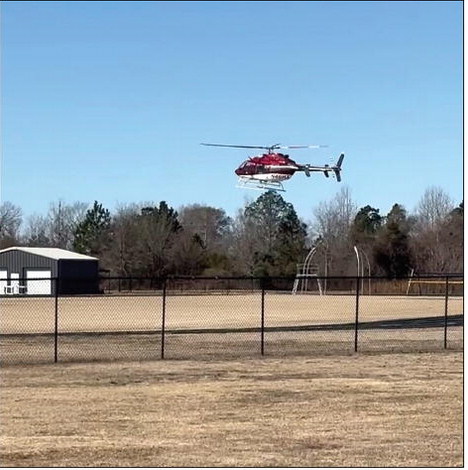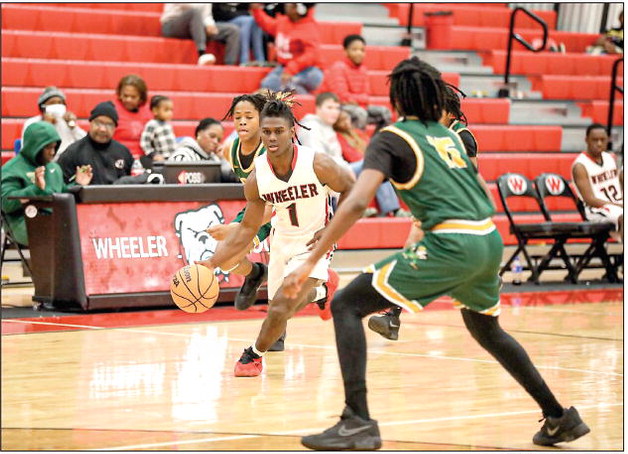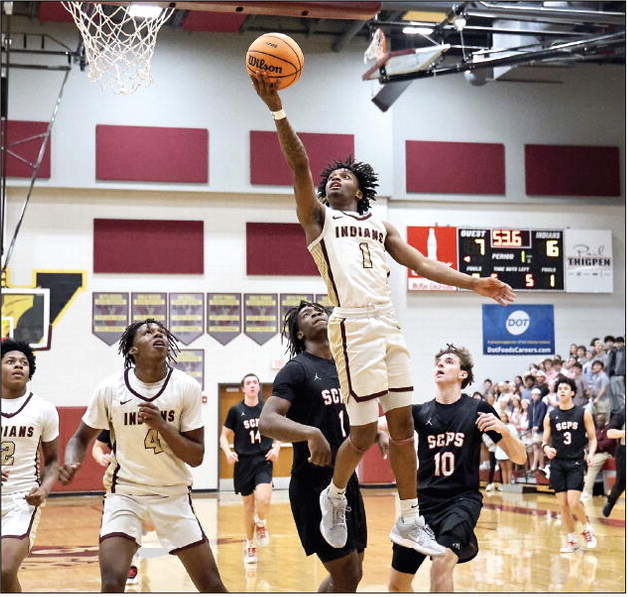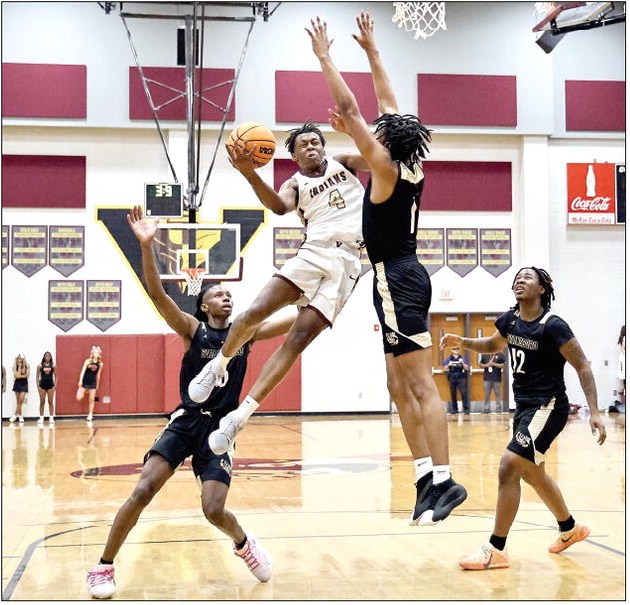Loran - Smith
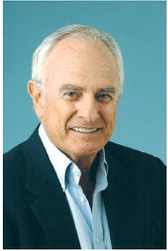

Loran
Georgia went from 1937 to 1968— just over three decades—without playing Tennessee, and I have often been asked, “Why?” It was a challenging trip in those days, even by train. A series between the two schools would not have been eagerly patronized by fans because of having to drive over Fort Mountain in North Georgia.
It literally took guts to drive the curvy Highway 52 over the mountain. It was scary and some people even got sick negotiating the serpentine route. The construction of the interstate highways finally brought relief for enterprising travelers. I made that trip, via Fort Mountain, several times in the late fifties, and I can confirm that I never passed that way without fear and trepidation.
However, I suspect the main reason the two teams never competed is that while Georgia’s Wallace Butts and Tennessee’s Robert Neyland (Brigadier General) were friendly, they were not close and were worlds apart when it came to philosophy of the game.
Butts had an affinity for the forward pass, and Neyland was an advocate of running the football and committed such dastardly acts as quick kicking. Butts aspired to score as often as possible, and Neyland was happy if scoring was kept to a bare minimum. He preferred low-scoring games and was not exactly put out if a game or two ended 0-0.
The football coach made up the schedule in those years and often played their friends. Butts, for example, was compatible with a long train ride to Baton Rouge to play LSU, coached by his old college coach at Mercer, Bernie Moore.
Georgia and Kentucky first played in 1939. Georgia historians note that it was Butts who started the Kentucky series. He coached at Male High in Louisville in 1935-37 and became friends with the Wildcat staff—administrators and coaches. When he became UGA coach in 1939, one of the first teams he scheduled was Kentucky. continued from page
Neyland, as all Volunteer historians will tell you, despised unlimited substitution, which Butts embraced. When the general became chairman of the NCAA Rules Committee, he moved to require players to play both ways, which opened the door for the National Football League to flourish. Up until that era, college games were far more popular than the professional league.
Neyland was as adamant and autocratic as a man could be when he gathered the rules committee together in January each year. It was a happy day for him in 1953 when he and the rules committee instituted one platoon football, which essentially meant that players had to play both offense and defense.
Substitution restrictions were a headache for coaches. For example, if you started a game and came off the field after the kickoff, you could not reenter the game until the second quarter. Neyland considered that to be football in its purest form. Not only did the coaches disagree, fans overwhelmingly preferred unlimited substitution.
Davy Nelson, who popularized the Wing-T as the head coach at Delaware, was a member of the rules committee for decades and was secretary editor for 29 years. He had countless stories about Neyland’s autocratic style.
The General, as it was with his football team, was rigid and inflexible. He began the meetings by setting a fifth of Jack Daniels on the conference room table and imbibed his way through the sessions.
He moved through the agenda decisively and post haste. Davey once told me this story. The president of the American Football Coaches Association was invited to the rules committee sessions as an observer but did not have a vote.
One year as the conclusion neared, the general, Davey recalled, asked if there was any old business. There was none. Then he perfunctorily moved to new business when the President of the coaches association raised his hand and fired a directive to the General.
It went something like this: “General, I come here representing the more than 5,000 members of the American Football Coaches Association who overwhelmingly support unlimited substitution, and you’re not even going to put it on the agenda.”
Davey said that the general then asked for a show of hands for those in favor of reviewing the issue of unlimited substitution. Nelson recalled that a few hands, somewhat sheepishly, went up.
“The general,” Davey said, then asked, “All opposed?” And with that he reached over and grabbed Nelson’s hand and raised it, saying, “Well, I can see there isn’t sufficient interest in discussing chicken (expletive) football. This meeting is adjourned.”



